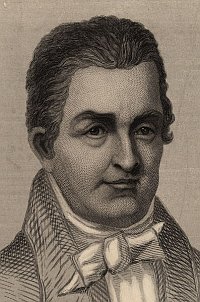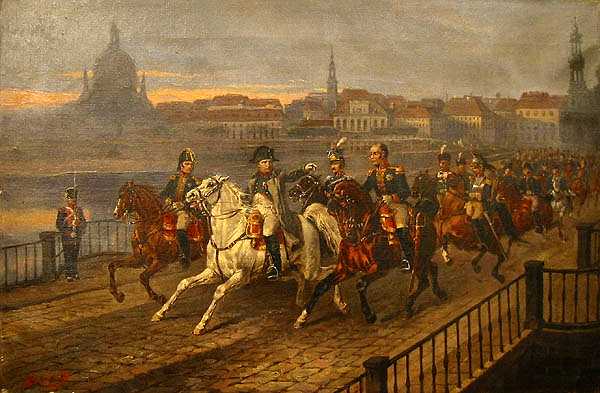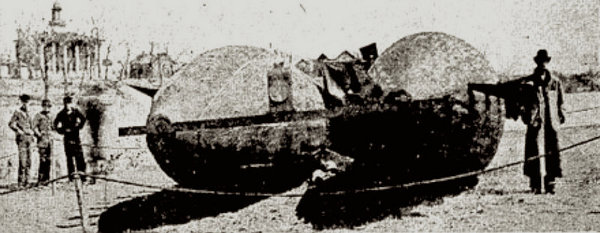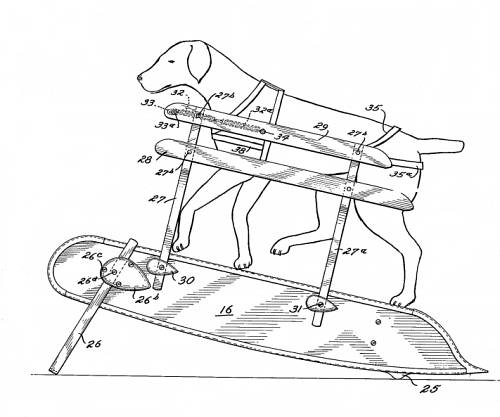Write out the names of the natural numbers in English: ONE, TWO, THREE, FOUR, etc.
1 contains the first O, the first N, and the first E.
2 contains the second O.
3 contains the third E.
And:
11 contains the 11th E (onE two thrEE four fivE six sEvEn Eight ninE tEn ElEvEn).
24 contains the 24th T.
29 contains the 29th N.
31 contains the 31st N.
109 contains the 109th N.
199 contains the 199th D.
251 contains the 251st O.
454 contains the 454th U.
559 contains the 559th I.
1174 contains the 1174th O.
1716 contains the 1716th S.
5557 contains the 5557th F.
6957 contains the 6957th F.
15756 contains the 15756th F.
17155 contains the 17155th F.
24999 contains the 24999th Y.
43569 contains the 43569th F.
735759 contains the 735759th V.
1105807 contains the 1105807th V.
1107785 contains the 1107785th V.
1584504 contains the 1584504th V.
1707941 contains the 1707941st V.
1921567 contains the 1921567th L.
(Thanks, Claudio.)






